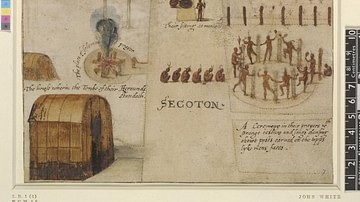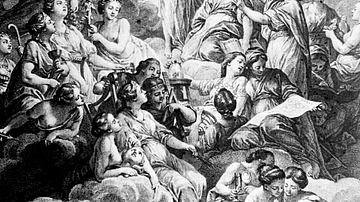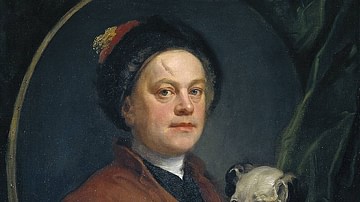Video
In the aftermath of the revolutions and upheaval in 18th and early 19th Century CE Europe, there was a hunger for reform across the continent. Reformers like Robert Owen, Charles Fourier, and Auguste Comte proposed radical new ideas, and at the same time, regular people began to stand up and ask for greater equality, and a louder voice in how they were governed. Results were mixed, but a lot of the ideas that emerged during this time are still echoing in our world today.
Sources
-Hosking, Geoffrey. Russia: People and Empire. Cambridge: Harvard University Press, 1997.
-Hunt, Lynn et al. The Making of the West: Peoples and Cultures. 6th ed. Boston: Bedford St. Martin’s, 2019.
-Judson, Pieter M. The Hapsburg Empire: A New History. Cambridge: Harvard University Press,
-Kent, Susan Kingsley. A New History of Britain: Four Nations and an Empire. New York: Oxford University Press, 2017.
-Sperber, Jonathan. Revolutionary Europe 1780-1850. 2nd ed. London: Routledge, 2017.
Cite This Work
APA Style
CrashCourse. (2021, April 18). Reform & Revolution 1815-1848: Crash Course. World History Encyclopedia. Retrieved from https://www.worldhistory.org/video/2457/reform--revolution-1815-1848-crash-course/
Chicago Style
CrashCourse. "Reform & Revolution 1815-1848: Crash Course." World History Encyclopedia. Last modified April 18, 2021. https://www.worldhistory.org/video/2457/reform--revolution-1815-1848-crash-course/.
MLA Style
CrashCourse. "Reform & Revolution 1815-1848: Crash Course." World History Encyclopedia. World History Encyclopedia, 18 Apr 2021, https://www.worldhistory.org/video/2457/reform--revolution-1815-1848-crash-course/. Web. 24 Apr 2025.





